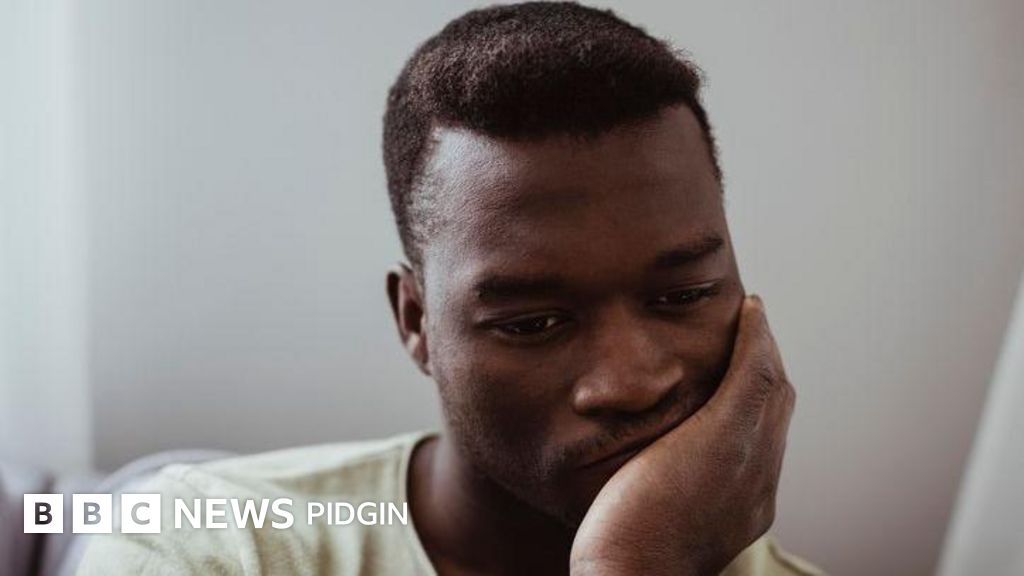The Silent Struggle: Why Young Men Aren't Seeking Mental Health Help

A growing body of research highlights a concerning trend: young men are facing increasing mental health challenges, yet are significantly less likely to seek help compared to their female counterparts. This disparity isn't due to a lack of need, but rather a complex web of factors, including deeply ingrained societal stigmas, restrictive notions of masculinity, and inadequate support systems tailored to their specific needs. Understanding these barriers is crucial to fostering a culture where young men feel comfortable prioritizing their mental well-being.
The Rising Tide of Mental Health Concerns
Studies consistently demonstrate a rise in mental health issues among young men, encompassing conditions like depression, anxiety, substance abuse, and suicidal ideation. The pressures of modern life – academic demands, career aspirations, social media comparisons, and economic uncertainties – contribute to heightened stress levels and emotional distress. While mental health awareness has increased overall, young men remain a particularly vulnerable and underserved population.
The Stigma Factor: A Culture of Silence
Perhaps the most significant barrier is the pervasive stigma surrounding mental health, particularly for men. Traditional masculinity norms often equate seeking help with weakness or vulnerability. The expectation to be “tough,” “independent,” and “in control” discourages men from expressing emotions or admitting they're struggling. This cultural conditioning leads to a reluctance to discuss mental health concerns, even with trusted friends or family members. The fear of judgment or ridicule reinforces a culture of silence.
Masculinity and Mental Health: A Conflicted Relationship
The rigid definition of masculinity prevalent in many societies plays a critical role. Men are often taught to suppress emotions, solve problems independently, and avoid appearing needy. This can prevent them from recognizing their own mental health needs or seeking professional support. The idea that expressing vulnerability is






